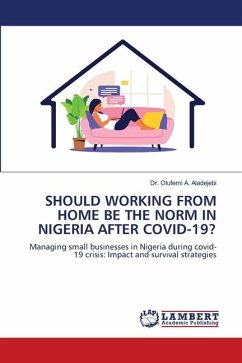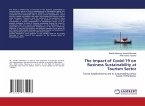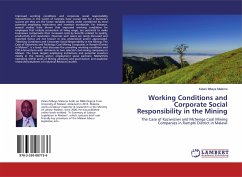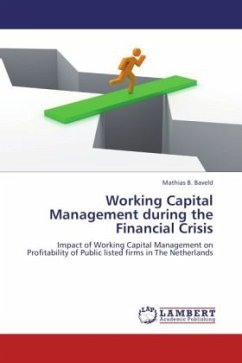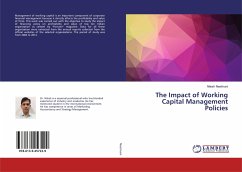As part of the response to Covid 19, working from home (WFH) was enforced by governments of more than 150 countries in order to curtail the transmission of the pandemic. The COVID-19 pandemic had brought new business ideas, making organizations change how they conduct their business. This study aims to discuss the advantages and disadvantages of working from home in the scientific literature, using questionnaires, how employees feel about WFH in the aspects of family values, increase of performance, isolation and disrupts work-life balance, how workers cope with WFH. Data was collected from the primary source by using a structured questionnaire completed through google form. The target respondents were employers and employees both from the private sector of the economy. Data was gathered from 504 respondents. SPSS and Excel were used to analyse the data. The majority of the respondents were employees (76.98%), while 23.02% were employers. An inquiry was also made about the marital status of the respondents, and the majority (71.83%) were married while 28.17% were single.
Bitte wählen Sie Ihr Anliegen aus.
Rechnungen
Retourenschein anfordern
Bestellstatus
Storno

